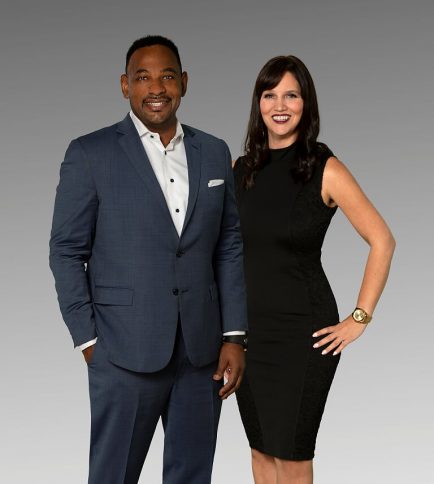Ready… Set… Own! What to Expect When Your Home Loan Closes
The day you’ve been waiting for your entire home search is finally here… the day your home loan closes and the keys are yours!
6 Things to Expect the Day Your Home Loan Closes
You’ve spent weeks to months gathering your documentation for your mortgage loan officer, you’ve moved out of your old place, and you’ve kept an extra close watch on your finances to make sure you’re maintaining good status. So what now? Here are six things to expect at a mortgage closing.
Scheduling the closing appointment
Plan for an appointment of from one to a few hours when your home loan closes. You might even want to take a half day or even a whole day off work to complete this process, and celebrate afterward! Scheduling the closing appointment over a lunch hour may not be enough time since the average closing time runs 2-3 hours. Giving your self ample time means you’ll have enough time to thoroughly read through the documents you are signing and you won’t feel pressured to finish in a time crunch.
Both you and any other co-signer/s must be present to sign closing documents. You may also wish to schedule your closing appointment from the 20th to the 25th of a month, rather than the very last day, so that if any questions arise, you have time to resolve them before the end of the month if closing before the end of a month is a priority for you.
Final walkthrough
If you’re buying a new construction home you will probably already have had a quality walk where the superintendent or home owner walked you through the home and allowed you to point out any flaws you deem unacceptable. If you’re buying a resale, you may have already seen the home several times and had a home inspection. Requesting a final walk-through with a builder’s agent or your realtor 24-48 hours before your home loan closes gives you a chance to make sure that anything you requested to be done before closing has been completed.
Bring all required documents
When going in to sign your closing documents, you will likely be asked to provide a valid, current photo I.D., proof of home owner’s insurance and any applicable gift letters or other documentation that has been requested by the lender. Even if your loan officer asked for these documents in the past, it’s a good idea to take the hard copies to the title office while you sign, just in case they are requested. You don’t want a missing supplemental document to be the reason you can’t close on the day you wanted to. Also, bring any copies of letters indicating real estate agent credits and lender credits. If these credits do not show up in your closing documents, you’ll have proof that they were mutually agreed upon in writing.
Members in attendance
While it varies from state to state, any or all of these persons may be required to be present when your home loan closes:
- Home seller
- Seller’s real estate agent
- Buyer’s real estate agent
- Title company representative
- Any attorney you or the seller has used throughout the process
- The mortgage lender
- Yourself and any co-signers
Documents you’ll receive
You’ve probably heard that signing closing documents is like signing your life away, or that you’re signing every page of a novel. There’s a reason for all of your signatures. During the signing, the seller will sign documents indicating that they have transferred property ownership to you, and you sign any documents agreeing to the property and any costs associated with closing. These include:
- Settlement statement detailing all costs associated with selling the home
- Mortgage note stating that you promise to repay the loan
- Deed of trust securing the mortgage note
If given the option, it’s always helpful that the buyer reviews the closing documents before the day of signing. This way the signing process is smooth and seamless, and minimizes the risk of it taking all day to sign the closing documents.
Can Anything Go Wrong?
There are a few things that could go wrong during the signing. If you’ve recently opened a credit card account or any line of credit without getting your lender’s approval, this can delay or even cancel you mortgage loan. Another possibility is if you lose your job right before your home loan closes, or experience some other significant loss of income or assets prior to closing. The lender may now be thinking, how is he/she able to repay the loan if he/she is not making the income they previously made? If this happens, discuss with your lender so they can present you with options. As long as you check in with your mortgage lender before and after completing any serious transaction, there is little chance anything will go wrong.
You might also like: Moving to a New Home? 8 Things to Keep Handy on Moving Day








Trackbacks & Pingbacks
[…] simply an advance payment toward your final down payment, making the amount of money needed on the day your home loan closes lower. You don’t necessarily save any money this way, but it does give you the advantage of […]
[…] you have to make a large purchase before your home loan closes, make sure to talk to your lender first! Large purchases may be seen as red flags to your lender or […]
Comments are closed.